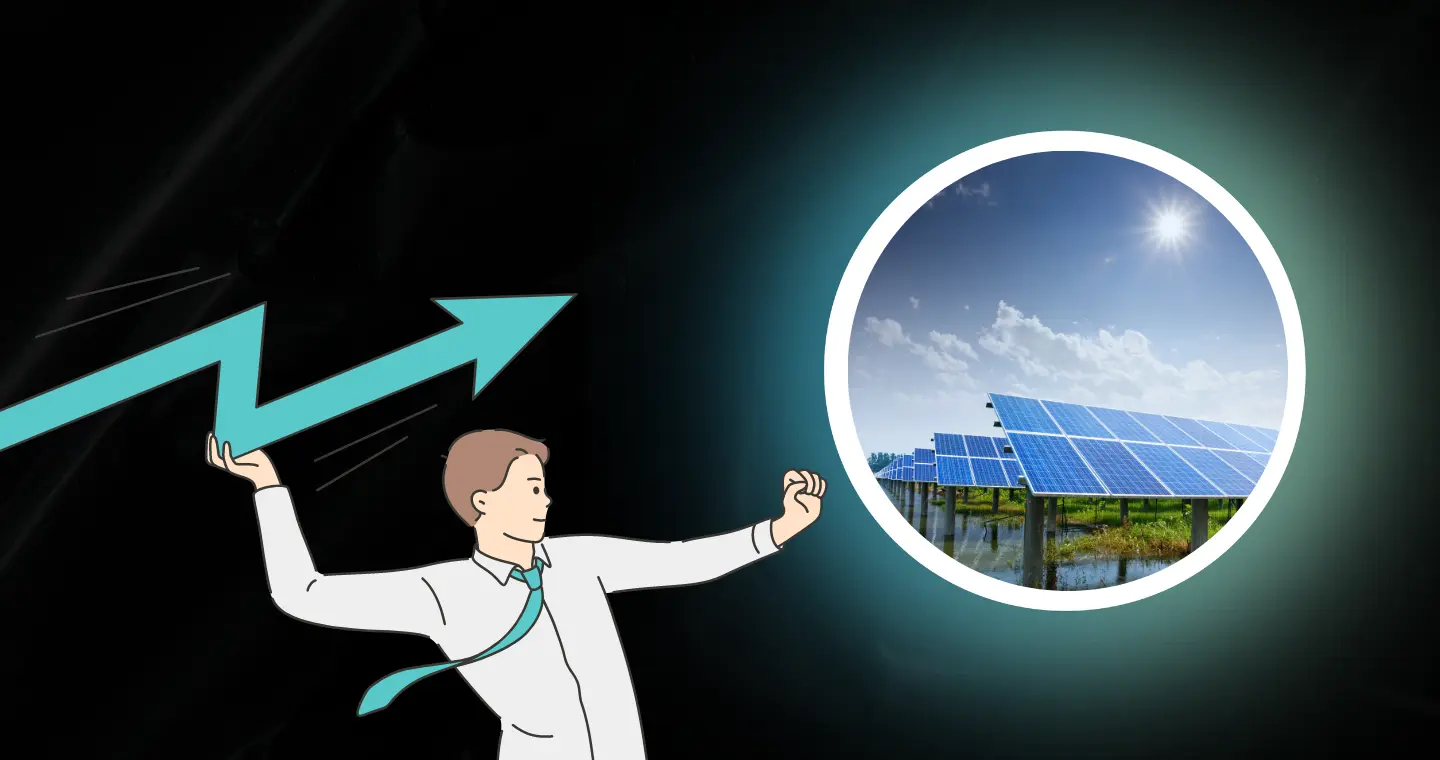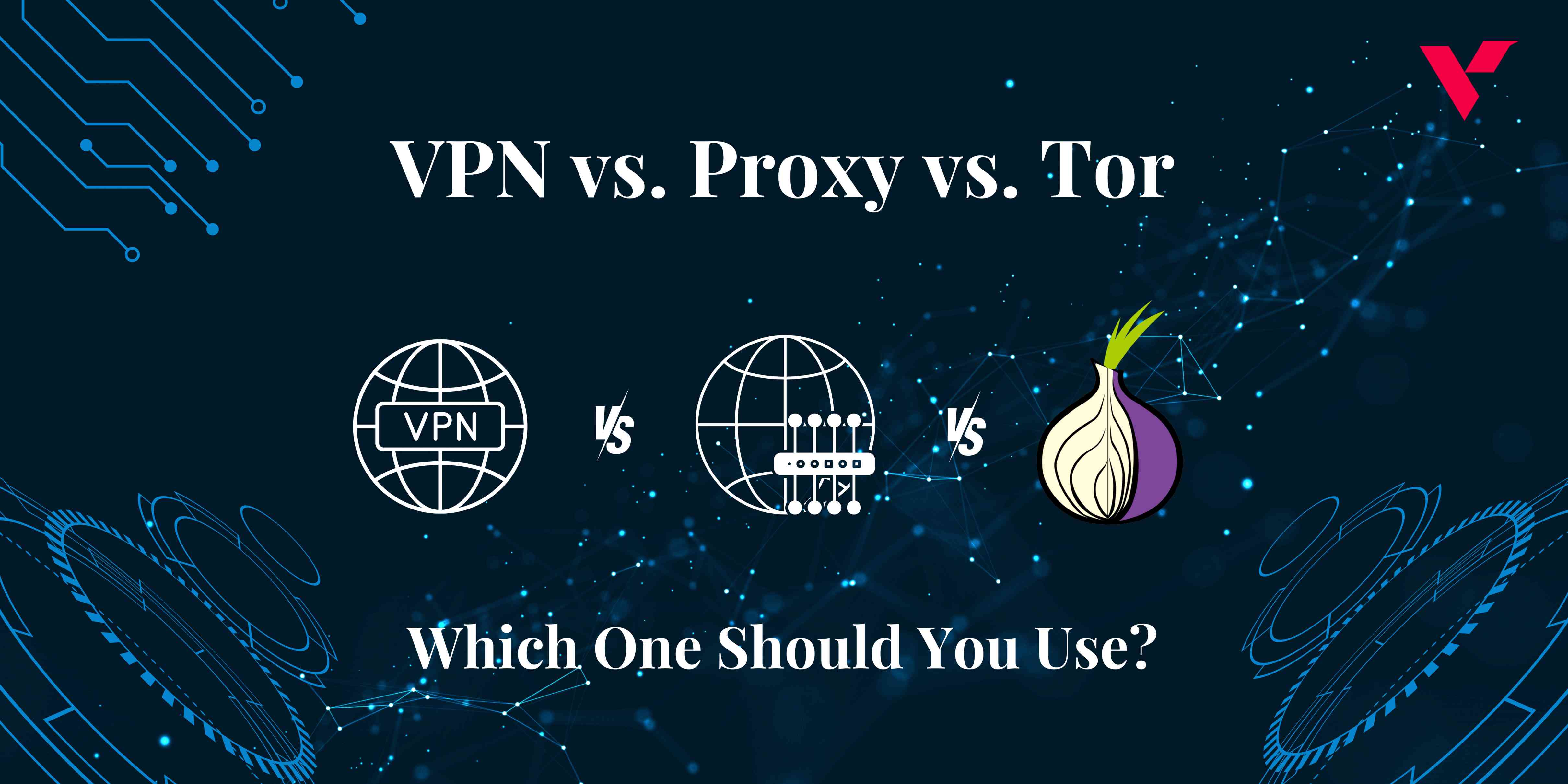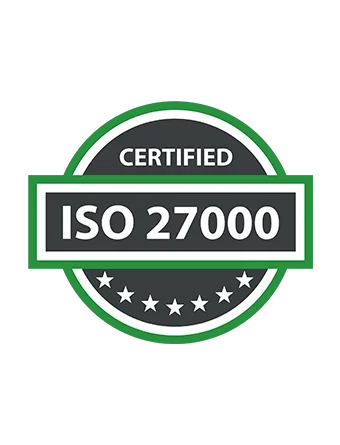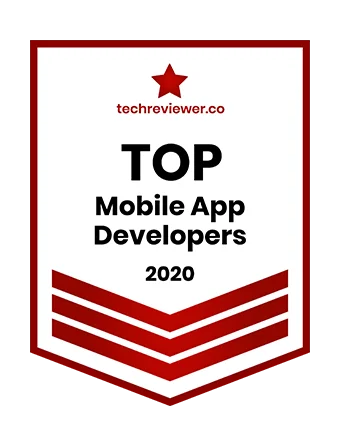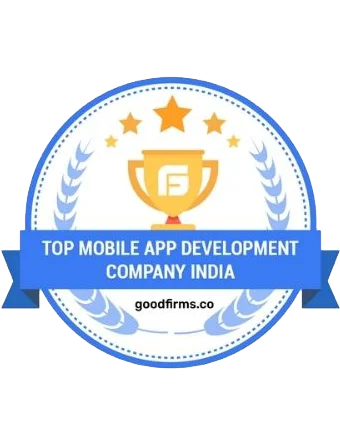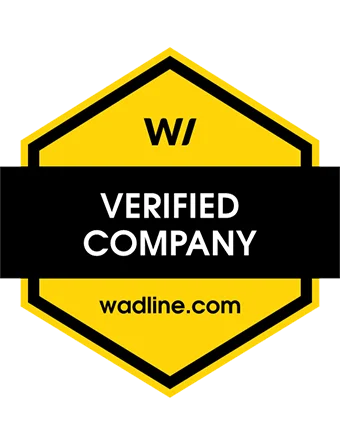Popular Tools by VOCSO
Solar power has become increasingly popular recently due to its potential for reducing carbon emissions and providing a clean, renewable energy source. Solar technologies are becoming increasingly affordable, and installing solar panels can provide significant cost savings over time as well as a more sustainable way to power the building. Furthermore, governments worldwide are beginning to recognize the importance of solar power and are incentivizing the use of this clean energy source with tax breaks and other incentives.
The more people looking to make their homes more eco-friendly, the more solar provider companies arise. As such, it’s no surprise that the solar power market is experiencing high competition. Nowadays, business in this renewable energy sector needs an effective way to stand out, keep attracting clients, and gain profit. Employing a solar marketing plan seems like a perfect solution in that case.
Table of Contents
Value of Solar Marketing
Solar marketing involves developing, planning, and running initiatives to promote companies in the industry. Marketers put their best efforts into improving awareness of renewable energy and its usefulness, educating clients and businesses about solar power opportunities, and convincing decision-makers to support these renewable energy technologies.
Putting a marketing plan into action can be a great way to grow your business and bring in new customers. By employing it, you can showcase your commitment to renewable power and sustainability to clients. In fact, there are many effective strategies, but in this article, we’ll cover the most popular.
Best Marketing Plan for Solar Companies
1. SEO & Content
SEO, or search engine optimization, aims to improve the site’s rankings. Specifically, it involves diverse techniques, including building links to push the website up to a higher position in the SERPs and optimizing it for relevant keywords. Keyword research and optimization make it more likely for the site to appear higher in search results when people search for industry-related queries like “solar panels in Denver,” etc. So, more people will notice your business and go to your website to learn more about what you have to offer.
SEO is thought to be one of the best ways to attract potential customers, so using it can help you get quality leads and increase sales. Furthermore, as the heading suggests, content creation should go hand in hand with content optimization to deliver better results. However, it’s important to keep in mind that SEO and content plans can’t be regarded as beginner options. Their creation and implementation require deep niche expertise, considerable time and dedication, and financial investments. In this case, relying on an experienced agency like Solar SEO can help you feel assured that the complex strategy will be professionally implemented.
2. Social Media Platforms
This strategy is included in our list because the last statistic states that approximately half of the population utilizes social media platforms, and this number is only going to grow. Social media can serve as a signal of trust for potential customers when they are on their way to making a purchase. Moreover, when switching to renewable energy sources like solar panels, people look for a business they can trust.
A social media marketing plan can be put into action on different platforms, but the most popular at present are the following:
- LinkedIn;
- Instagram;
- Facebook;
- Twitter.
All of the platforms can be a direct way to tell people more about your services, products, and their value. You can effectively communicate and engage with your target audience, reply to their questions, and provide solutions to the most common problems. All of these actions contribute to the growth and thriving of your company by increasing trust in it.
Moreover, there are thousands of people intrigued by the idea of having their own supply of renewable resources, and social media is the method by which they can learn more about how to get started. Apart from interacting with regular clients, a business can get in touch with those who only have a natural interest and turn them into potential customers. Furthermore, social media allows for maintaining contact with prior clients to enhance the possibility they tell about your company to others, contributing to overall promotion.
3. Content marketing
Content marketing can be a powerful strategy for solar energy companies like other niche businesses to educate, inform, and engage potential customers. Here are some tips for creating a successful content marketing plan for solar content marketing:
1. Define your audience:
When it comes to marketing solar energy products and services, understanding your target audience is crucial. By knowing who your ideal customer is, you can create content and marketing strategies that are tailored to their specific needs and interests.
To identify your target market for solar panels, consider factors such as demographics, psychographics, and geographic location. Demographic factors may include age, income, and education level, while psychographic factors may include values, beliefs, and lifestyle choices. Geographic location can also play a role in identifying your target market, as solar energy may be more popular in certain areas with higher energy costs or greater environmental awareness.
Solar installers may have several main customer types, including residential homeowners, commercial businesses, and government entities. Residential homeowners may be looking to reduce their energy bills, while commercial businesses may be interested in meeting sustainability goals and reducing their carbon footprint. Government entities may be looking to promote renewable energy and reduce energy costs in public buildings and facilities.
Overall, understanding your target audience is essential for effective solar energy marketing. By creating content and strategies that speak directly to their needs and interests, you can increase engagement and conversions, ultimately driving growth and success for your solar energy business.
2. Create valuable content
Creating quality content is one of the most time-consuming and challenging phases for businesses like yours. Also, you have to think about whether the content that you’re producing is ready to rank. You’ll have to explore how to write that rank for your targeting keywords. Content marketing is a valuable strategy for solar energy companies looking to educate and engage their customers. By creating informative and educational content, you can establish your brand as a trusted authority in the industry and build a loyal following.
Create valuable content: Valuable content is content that provides real value to your customers. This can include how-to guides, industry news and trends, product reviews, and other educational materials that your customers will find useful and informative.
Gear content to your customers: Your content should be geared towards your customers’ needs and interests. For residential customers, this could include information on how to save money on energy bills, the benefits of solar energy for homeowners, and tips for maintaining solar panels. For commercial customers, your content could focus on the financial benefits of solar energy, case studies of successful solar installations, and how to choose the right solar energy system for their business.
Content marketing for the residential consumer: When creating content for residential consumers, it’s important to focus on the benefits of solar energy for homeowners. This could include topics like how solar energy can reduce energy costs, increase home value, and reduce carbon emissions. You could also create content that addresses common questions and concerns, such as how solar panels work, the installation process, and the maintenance required to keep solar panels functioning properly.
Solution-oriented content: When creating content, it’s important to focus on solutions to your customers’ problems. For example, if your customers are concerned about the cost of solar energy, you could create content that explains the financial benefits of solar energy and how it can help save money in the long run. By focusing on solutions, you can establish your brand as a problem solver and build trust with your customers.
Content marketing for the commercial customer: When creating content for commercial customers, it’s important to focus on the financial benefits of solar energy. This could include topics like how solar energy can reduce energy costs, increase property value, and help businesses achieve sustainability goals. You could also create content that highlights successful solar installations in commercial settings and provides tips for choosing the right solar energy system for a business.
Overall, content marketing is a valuable strategy for solar energy companies looking to educate and engage their customers. By creating informative and educational content that is geared toward your customers’ needs and interests, you can establish your brand as a trusted authority in the industry and build a loyal following.
3. Whitepapers and ebooks
Gated whitepapers and e-books are a highly effective content marketing strategy for solar energy businesses looking to reach potential B2B customers. By offering valuable and informative content in exchange for contact information, businesses can generate leads and build a database of potential customers.
Here’s why gated whitepapers and e-books are so important for solar energy businesses:
Targeted lead generation: Gated content allows businesses to target specific customer types with personalized content that speaks directly to their needs and interests. This targeted approach helps to generate high-quality leads that are more likely to convert into customers.
Establishing authority: By providing in-depth, informative content on a particular topic, businesses can establish themselves as thought leaders and experts in the solar energy industry. This can help to build trust with potential customers and position the business as a go-to resource for solar energy information and solutions.
Building a database of leads: Gated content provides an opportunity to collect contact information from potential customers who are interested in learning more about solar energy. This information can be used to build a database of leads that can be pursued through targeted marketing campaigns, email newsletters, and other marketing efforts.
Tracking engagement: Gated content also provides valuable insights into customer behavior and engagement. By tracking downloads and email opens, businesses can gain a better understanding of what content resonates with their target audience and use this information to refine their content marketing strategy.
In summary, gated whitepapers and e-books are an essential component of any solar energy business’s content marketing strategy. By providing valuable content that speaks directly to their target audience and collecting contact information in exchange, businesses can generate high-quality leads, establish their authority in the industry, and build a database of potential customers that can be pursued through targeted marketing efforts.
4. Videos
Creating a 60-second YouTube video and re-packaging it in various formats can be a highly effective content marketing strategy for solar energy businesses. By re-purposing the content in different formats, you can reach a wider audience and increase engagement across multiple channels.
Here are some ways to re-package the video:
Send the video out in a targeted email: You can send the YouTube video out in a targeted email to your subscribers. This can be an effective way to reach your audience and encourage them to share the video with their own networks.
Upload a 45-second version to Facebook: You can edit the YouTube video down to a shorter 45-second version and upload it to Facebook. Facebook’s algorithm favors video content, so this can be an effective way to reach a larger audience and drive engagement.
Turn a 30-second version into a LinkedIn commercial: You can create a shorter 30-second version of the video and turn it into a LinkedIn commercial. This can be a highly targeted way to reach professionals in the solar energy industry and drive leads for your business.
Make the audio into a mini-podcast: You can extract the audio from the YouTube video and turn it into a mini-podcast. This can be a great way to reach people who prefer audio content and expand your reach on platforms like Apple Podcasts and Spotify.
Transcribe the audio to create a blog post: You can transcribe the audio from the YouTube video and use it as the basis for a blog post. This can be a highly effective way to repurpose the content and reach people who prefer to read the content instead of watching videos.
Strip out a few still images and post them on Pinterest and Instagram: You can extract still images from the YouTube video and post them on visual platforms like Pinterest and Instagram. This can be a highly effective way to reach people who prefer visual content and drive engagement on these platforms.
Put a few quotes out on Twitter: You can extract a few key quotes from the YouTube video and post them on Twitter. This can be a great way to drive engagement and increase awareness of your brand on this platform.
Overall, re-packaging a 60-second YouTube video in different formats can be a highly effective content marketing strategy for solar energy businesses. By doing so, you can reach a wider audience, increase engagement, and drive leads for your business. As working for a digital marketing agency for a decade you must add video marketing to your plan. There are several video marketing tools that can help to create and optimize your video for your solar business. If you’re missing something in your video marketing strategy then you can get help from digital marketing consultants.
5. Use case study
Case studies are a powerful tool for solar energy businesses looking to showcase their expertise and success in the industry. A case study is essentially a real-life example of how your product or service has helped a customer achieve their goals. By sharing these success stories, you can build trust with potential customers and demonstrate the value of your offerings.
In the solar energy industry, case studies are particularly useful for commercial customers who are looking for evidence of the financial benefits of solar energy. A good case study outlines the specific problems that a customer seeks to solve with your product or service. It walks readers through the process the customer undertook to solve those problems and illustrates their return on investment. By including tangible data and statistics, you can demonstrate the financial benefits of solar energy in a way that resonates with commercial customers.
One of the key benefits of case studies is that they help to demystify the solar education process. They allow your company to answer questions such as: “What is my return on investment?” or: “What is the overall process that gets these changes made without affecting my core business?” By providing real-life examples of successful solar installations, you can give potential customers a clear idea of what to expect and help to address any concerns or reservations they may have.
In many ways, a case study does for the commercial audience what a success story does for residential. It still uses the happy customer as an authentic spokesperson, but it shifts the focus away from emotions and toward the rational benefits. By providing concrete examples of how your product or service has helped businesses save money and reduce their carbon footprint, you can demonstrate the value of solar energy in a way that is both persuasive and informative.
Of course, when creating a case study, it’s important to include great visuals to help bring the story to life. This could include photos of the installation process, before-and-after images, or data visualizations that illustrate the financial benefits of solar energy.
In conclusion, case studies are a valuable tool for solar energy businesses looking to demonstrate their expertise and success in the industry. By providing real-life examples of how your product or service has helped businesses achieve their goals, you can build trust with potential customers, demystify the solar education process, and demonstrate the financial benefits of solar energy in a way that is both informative and persuasive.
6. Optimize for search engines
Creating content is not enough. You’ve to optimize your content for your visitors and search engines too. When it comes to content marketing for solar energy businesses, optimizing your content for search engines is crucial. By incorporating relevant keywords and phrases that your audience is searching for, you can improve your chances of ranking higher in search engine results pages (SERPs) and drive more traffic to your website. But it’s not just blog posts and articles that need to be optimized – all types of content should be optimized for search engines.
Here are some tips for optimizing different types of content for your solar energy business:
Blog Posts and Articles: Incorporate keywords and phrases related to solar energy, renewable energy, and related topics naturally throughout your blog posts and articles. Use subheadings to break up your content and make it more readable. Include internal links to other relevant content on your website, such as product pages or case studies.
Infographics: Use alt tags to describe the content of your infographic for search engines. Include a short description of your infographic with relevant keywords and phrases related to solar energy. Share your infographic on social media and include a link back to your website.
Videos: Optimize your video titles and descriptions with relevant keywords and phrases related to solar energy. Include a transcript of your video on your website. Share your videos on YouTube and other social media channels.
Case Studies: Use relevant keywords and phrases in the titles and descriptions of your case studies, such as “solar energy case study” or “renewable energy success story.” Include internal links to other relevant content on your website, such as product pages or blog posts. Use visuals such as photos or data visualizations to make your case studies more engaging.
By optimizing all types of content for search engines, you can improve your chances of ranking higher in SERPs and drive more traffic to your solar energy business website. Remember to use relevant keywords and phrases naturally throughout your content, include internal links to other relevant content on your website, and share your content on social media to reach a wider audience. With these tips, you can create a content marketing strategy that is both informative and effective at driving traffic to your solar energy business.
Use social media:
Social media platforms offer a great opportunity for solar energy businesses to market their content effectively. These platforms allow solar energy companies to reach a wider audience, engage with their target audience, and build brand awareness.
Here are some ways social media can be helpful to market all content types:
Promote blog posts: Solar energy businesses can promote their blog posts on social media platforms like Twitter, Facebook, and LinkedIn. By doing so, they can reach a wider audience and increase engagement with their content.
Share articles: Solar energy companies can share articles on social media platforms like LinkedIn to position themselves as thought leaders in the industry. This can help build credibility and trust with their target audience.
Distribute e-books: Social media platforms can be used to distribute e-books and other downloadable content to a wider audience. By offering valuable content to their target audience, solar energy businesses can attract more leads and build relationships with potential customers.
Promote videos: Social media platforms like YouTube and Facebook can be used to promote videos related to solar energy. These videos can educate customers about the benefits of solar energy and help build brand awareness for the company.
Share case studies: Social media can be a great platform to share case studies that showcase the success of solar energy projects. By sharing these stories, solar energy businesses can demonstrate their expertise and build trust with their target audience.
Overall, social media marketing can be an effective tool for solar energy businesses to market all types of content. By using social media platforms to distribute their content, solar energy businesses can reach a wider audience, engage with their target audience, and build brand awareness. Make sure you’re aware of some top social media marketing tools to save time in social media management.
Testing your content
Testing your content is an essential part of content marketing for solar energy businesses. It helps you identify what types of content are resonating with your target audience, what is driving engagement, and what is leading to conversions. Here are some ways to test your content for the best results:
Use analytics: Use analytics tools like Google Analytics to track the performance of your content. This can help you identify what types of content are driving traffic, engagement, and conversions.
Conduct A/B testing: A/B testing involves creating two versions of a piece of content and testing them to see which one performs better. This can be a highly effective way to identify the most effective messaging, headlines, and visuals for your content.
Analyze social media engagement: Monitor engagement on social media platforms like Facebook, Twitter, and LinkedIn to see which types of content are resonating with your target audience. This can help you identify the most effective social media channels to promote your content.
Monitor email open rates: Email marketing is an important part of content marketing for solar energy businesses. Monitor open rates and click-through rates to see which types of content are driving engagement and conversions.
Conduct customer surveys: Conducting customer surveys can be a highly effective way to get feedback on your content. This can help you identify what types of content your target audience is most interested in and what is driving conversions.
By testing your content, you can identify the most effective types of content for your solar energy business. This can help you focus on creating content that drives engagement and conversions, and can ultimately lead to increased revenue and growth for your business.
Establishing a Successful Strategy: Key Steps
Marketing is the practice of launching smart strategies to promote your company in a market that is already saturated with competitors. Here, such factors as the company’s products and services, budget, and target market are just as crucial as a tailored approach. However, we’ve come up with some essential steps that all companies can follow:
1. Develop a precise understanding of the target audience
Solar businesses should be aware of their ideal clients and what pushes them to make purchases. Knowing who is most likely to order their services and acquire their products is crucial.
2. Correct defining of a value proposition
Solar companies need to convey to potential clients why their products are the best option for them.
3. Creation of a solid marketing plan
Things are clear there: select a marketing plan most beneficial for your business to ensure a strong online presence.
4. Setting focus on lead generation
Renewable energy businesses need to generate quality leads that they can convert into clients. It can be accomplished via various activities, like webinars, trade shows, and targeted advertising.
5. Specifying the USP (unique selling proposition)
Your USP is what helps differentiate your business from the competition. Determine what sets your company apart and employ it to persuade clients to select you over someone else.
6. Using the right marketing channel or mixing several
Among the different ways to market your business, use one or a proper mix of channels to reach your target market. The most popular examples are direct mail, online advertising, and public relations.
These essential steps can help you on your way to creating a strong marketing plan, ensuring its successful realization, and achieving your goals. That’s because applying a thorough approach will make you well-positioned for long-term success.
Drawing an Inference
Any business, from well-established renewable energy companies to new businesses, needs an effective marketing plan. That’s because its primary objective is to raise the brand’s popularity and attract new clients with a real interest in renewable energy. It’s important to remember that a marketing plan is not a one-size-fits-all thing. Both single-strategy implementation and simultaneously focusing on two methods can be valuable for online business growth. The key point is that every company requires a tailored approach to its realization to gain the most beneficial outcomes. Therefore, when you begin thinking about a marketing plan for your business, devote some time to finding the best strategy or resort to a professional digital marketing agency consultation to get the right solution.


